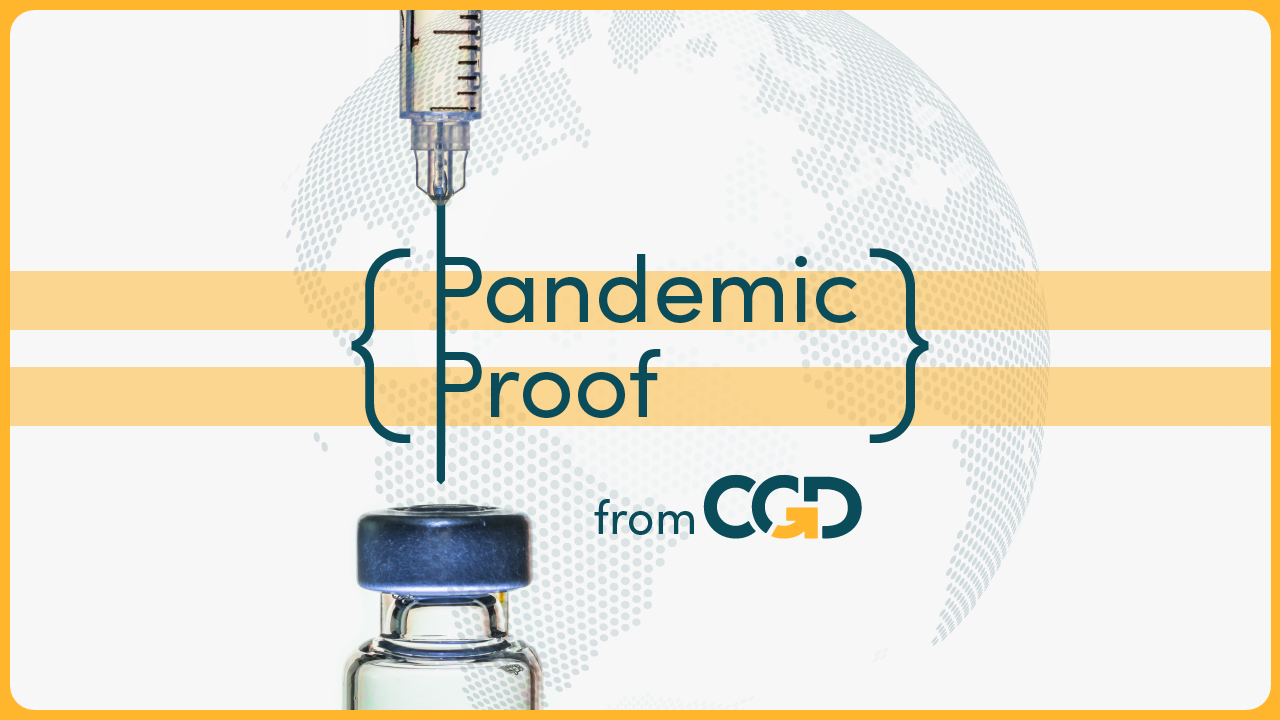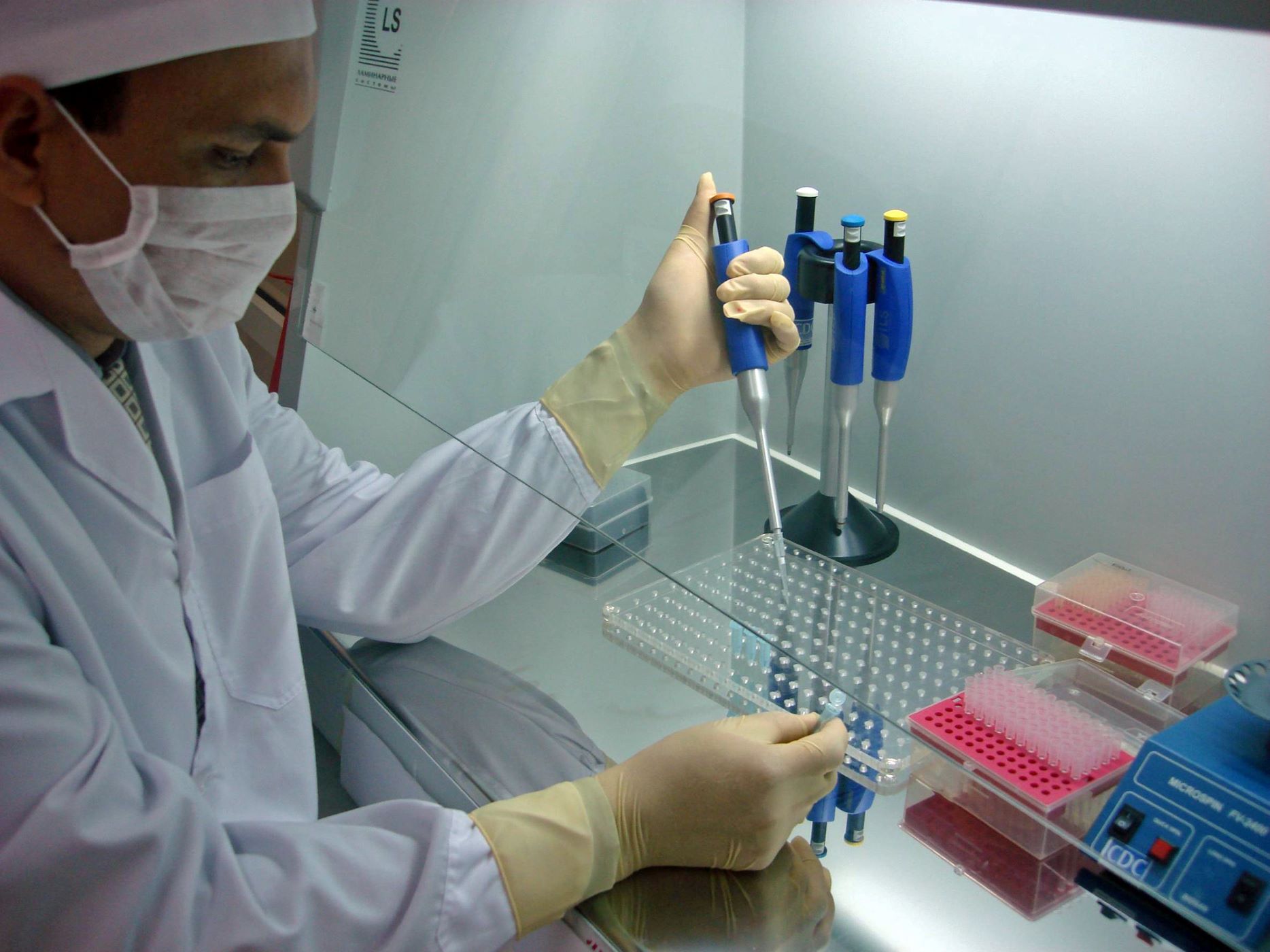Since the start of 2021, the pandemic has taken a more hopeful turn with the rollout of COVID-19 vaccines. As such, an increasing number of public and private sectors in many settings are considering the introduction of COVID-19 vaccination certificates or similar instruments as a safe passage into the new normal. By facilitating the resumption of travel and economic activities, they can play an essential role in domestic and global economic recovery. While the proposition of these instruments is attractive, countries must carefully design supporting policies such as the length of quarantine period and COVID-19 tests requirements by considering the potential costs and benefits of introducing such instruments. The idea is to alleviate—not aggravate—the effects of the virus.
To this end, in March 2021, the Health Intervention and Technology Assessment Program (HITAP), Ministry of Public Health, Thailand, and the National University of Singapore (NUS) convened a regional initiative, the COVID-19 Vaccination Policy Research and Decision Support Initiative in Asia (CORESIA): a regional study on vaccination certificates. It aims to develop guiding principles for the development and implementation of such instruments at national and regional levels by considering health, economic, social, ethical, and implementation issues. Our initial work has led to the development of a framework to assess the potential impact of introducing COVID-19 vaccination certificates for international travel, explored below.
Setting up the framework amid ongoing COVID-19 uncertainty
The framework identifies key inter-related factors and demonstrates the mechanism through which they can lead to potential costs and benefits to society. Using this framework, countries may be able to tailor their policies such that the costs of adopting vaccination certificates do not outweigh benefits.
Figure 1. Framework for assessing the impact of COVID-19 vaccination certificates
Use of vaccination certificates or related instruments can reduce the barriers to travel by removing or reducing the length of quarantine period and COVID-19 tests requirements. This can increase the willingness to travel and increase the number of travellers into a country leading to a two-step outcome. Increased productivity at the country and regional level propelled by increased spending on tourism and business sectors. This can lead to higher household disposable income and can have a multiplier effect on other sectors and on GDP.
However, the success of such instruments depends on their effectiveness which is intrinsically reliant on clinical and epidemiological evidence about the SARS-CoV-2 virus as well as the efficacy of the different vaccine candidates in use. While most of the approved vaccine candidates have been shown to protect vaccine recipients from severe disease and death, the evidence relating to nasal carriage of infection in vaccinated individuals and possible onward transmission, as well as duration of protection from vaccination are yet to be determined.
In addition, emergence of new variants of the virus are casting doubts on the protection the existing vaccines might offer, and these variants are also worryingly responsible for rising local infections, globally. Considering these uncertainties coupled with inequitable vaccine distribution and rollout within and across countries, it may be premature to suggest that an individual travelling with such instrument (and associated relaxations of quarantine and tests requirements), will not pose a public health threat. Relaxing entry protocols using these such instruments could miss active cases of infection and potentially lead to a local outbreak. This scenario can be costly due to productivity losses from COVID-19 related mortality and morbidity, increased testing and treatment requirements, and greater surveillance efforts. If local infections are not contained, countries may be forced to reimpose local or national lockdowns. This will affect the quarantine period and test requirements which can reduce the willingness to travel. In turn, this can lead to known consequences such as loss to GDP as well as excess mortality. Israel, upon national implementation of the ‘Green Pass’, saw an increase in local infection and plans to further relax restrictions had to be postponed. It is imperative that policymakers are aware of possible unintended consequences of such instruments. Ultimately, it will depend how much uncertainty and risk a country is willing to accept in exchange for the potential benefits.
Using this framework, we aim to conduct a threshold analysis that can inform policymakers on the optimal (i) quarantine period and test requirements and (ii) number of inbound travellers that can ensure a balance between costs and benefits and help maximise the potential benefits of these instruments. A pilot study between Thailand and Singapore is underway.
Casting a wide net
The question of such instruments, however, extends beyond just health and the economy. Among governance, infrastructure, and interoperability, there are deeper discussions on ethical considerations in implementing these instruments, which have raised concerns about discrimination, privacy, and legal freedoms as well as the possibility of exacerbating existing inequalities. For example, in the UK, a petition in Parliament calling for the Government not to rollout the ‘COVID certificate’ due to the possibility that it could negatively impact social cohesion has gathered almost three times the number of required signatories.
Recognising the interdisciplinary nature of these instruments, CORESIA operates through two consultation groups:
A Working Group (WG) comprised of members from 10 Asian countries with a total population of more than 3 billion. These include South Korea, China, Japan, Thailand, Malaysia, Philippines, Lao PDR, Singapore, India, and Indonesia.
An Advisory Group (AG) of international multi-disciplinary experts, namely, Prof. David Heyman (WHO Advisor, UK), Dr. Derrick Heng (Group Director of Public Health at the Ministry of Health, Singapore), Prof. George Gao (Director-general of China CDC), Dr Go Tananka (Japan International Cooperation Agency , Japan), Dr. Kalaiarasu Peariasamy (Director of the Institute for Clinical Research, Malaysia), Prof. Nguyen Thi Kim Tien (MoH, Vietnam), Dr. Renu Garg (WHO, Thailand), Dr. Pushpa Wijesinghe (SEARO-WHO), Mr. Sihasak Phuangketkeow (Former Permanent Secretary, Thai Ministry of Foreign Affair), Prof. T. Sundararaman, (Global Coordinator, Public Health Movement, India), Dr. Supachai Panitchpakdi (Former director-general of the World Trade Organization and former Secretary General, UNCTAD), and Dr. Suwit Wilbolpolprasert (Global Health Advisor to the Thai Ministry of Public Health).
We will also engage with diverse group of stakeholders from the 10 countries in the WG representing sectors beyond health such as the immigration bureaus, ministries of foreign affairs, private sector actors such as the International Air Transport Association (IATA), and human rights commission bodies, to understand contextual issues that may dictate how countries might implement such instruments. A preliminary survey among Thai stakeholders has already indicated that the many challenges associated with these instruments would be ranked differently based on sectoral and national priorities. The CORESIA meeting summaries will be made available on our HITAP website. In addition, we will also use this platform to track the latest policy developments (globally) related to these instruments and allow information sharing between the WG members which can facilitate timely decision-making.
Our work so far has shown that public health forms a central principle for any safe economic renewal opportunity, and without the prospect of making these instruments interoperable within and across borders, they will be limited in their application for pandemic recovery. In ensuring that we are working in this direction, CORESIA provides a platform for countries to collaborate and make decisions together as we navigate the fragile balance of economic recovery and healthy populations. We think this effort can serve as an example for other regions. This pandemic has demanded solutions that require global cooperation, and the issue of COVID-19 vaccination passport is no exception.
To find out more details about this initiative, please contact Sarin KC ([email protected]) and Aparna Ananthakrishnan ([email protected])
Disclaimer
CGD blog posts reflect the views of the authors, drawing on prior research and experience in their areas of expertise. CGD is a nonpartisan, independent organization and does not take institutional positions.






